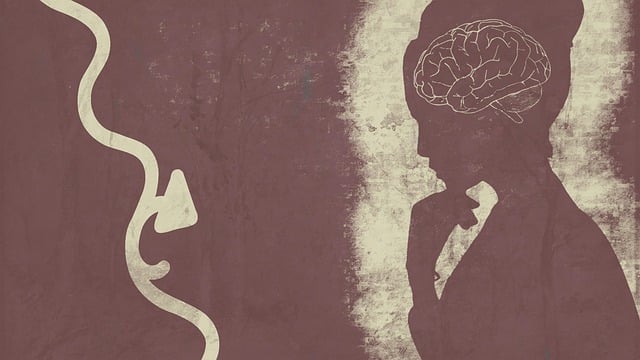Louisville's complex child abuse landscape requires a nuanced approach. By analyzing local data, identifying needs, and implementing community outreach focused on mental health awareness, vulnerable children and families can access tailored programs and support systems. Louisville Child Abuse Therapy leads this effort through culturally sensitive strategies, self-awareness exercises, and advocacy for positive change. Their holistic approach includes training local leaders in mindfulness and promoting self-care to build resilience and empower individuals within at-risk communities.
Louisville’s community outreach programs play a vital role in addressing child abuse and its long-lasting effects. This article delves into the critical process of understanding the local child abuse landscape, identifying unmet needs, and developing targeted strategies. By engaging at-risk communities through tailored outreach, Louisville can enhance access to essential services. We explore implementation best practices and sustainability for community outreach programs in the context of Louisville Child Abuse Therapy, aiming to bring about lasting positive change for affected children and families.
- Understanding Louisville's Child Abuse Landscape: Identifying Needs and Gaps
- Designing Effective Outreach Strategies: Engaging at-risk Communities
- Implementing and Sustaining Community Outreach Programs for Long-term Impact in Louisville Child Abuse Therapy
Understanding Louisville's Child Abuse Landscape: Identifying Needs and Gaps

Louisville’s child abuse landscape is a complex issue that requires a nuanced understanding to effectively address. By delving into the current state, we can identify critical needs and gaps in services. This involves analyzing local statistics on reported cases, demographics affected, and existing resources like Louisville Child Abuse Therapy services. Recognizing these elements allows for the tailored development of Mental Wellness Coaching Programs that cater to specific community requirements.
Community outreach plays a pivotal role here, focusing on mental health awareness. Educating residents about available support systems, early recognition signs of abuse, and prevention strategies is essential. Implementing well-structured community outreach program implementation initiatives can bridge the gaps in services, ensuring that vulnerable children and families receive the necessary support to break cycles of abuse and foster a healthier, more resilient community.
Designing Effective Outreach Strategies: Engaging at-risk Communities

Designing effective outreach strategies for at-risk communities requires a nuanced approach that respects cultural sensitivities while prioritizing safety. Organizations like Louisville Child Abuse Therapy understand the importance of engaging directly with communities to build trust and offer necessary support. Self-Awareness Exercises and Mental Health Policy Analysis and Advocacy play pivotal roles in this process. By incorporating community feedback into program design, these initiatives ensure their interventions are culturally relevant and impactful.
For instance, building confidence through self-awareness exercises can empower individuals to seek help more openly. This is particularly crucial when addressing issues like child abuse, where early intervention is key. Engaging with at-risk communities requires patience, empathy, and a deep understanding of their unique challenges. When executed well, these strategies not only enhance access to mental health services but also foster resilience within these communities.
Implementing and Sustaining Community Outreach Programs for Long-term Impact in Louisville Child Abuse Therapy

Implementing community outreach programs is a powerful strategy for Louisville Child Abuse Therapy to extend its services and create lasting positive change. By engaging with communities at-risk, such as low-income neighborhoods or areas with high child abuse rates, therapists can provide early intervention and prevention strategies. These initiatives aim to educate parents and caregivers on the importance of emotional well-being, healthy coping mechanisms, and building resilient support systems—all essential aspects for breaking cycles of abuse.
Sustaining these programs requires a holistic approach that includes training local community leaders in mindfulness meditation techniques and promoting self-care routine development for better mental health. Such practices empower individuals to become advocates for their own and others’ well-being, fostering an environment where depression prevention becomes more accessible and effective. Over time, this empowers communities to take ownership of their therapy, ensuring long-term impact and resilience in Louisville Child Abuse Therapy’s efforts.
Louisville’s efforts to combat child abuse through community outreach programs have shown promise, but sustained impact requires ongoing engagement with at-risk communities. By understanding the local landscape and employing tailored strategies, organizations can deliver effective support and services for a healthier, safer future. Louisville Child Abuse Therapy can be revolutionized by leveraging these initiatives to address needs and gaps, ultimately fostering a more resilient community.














